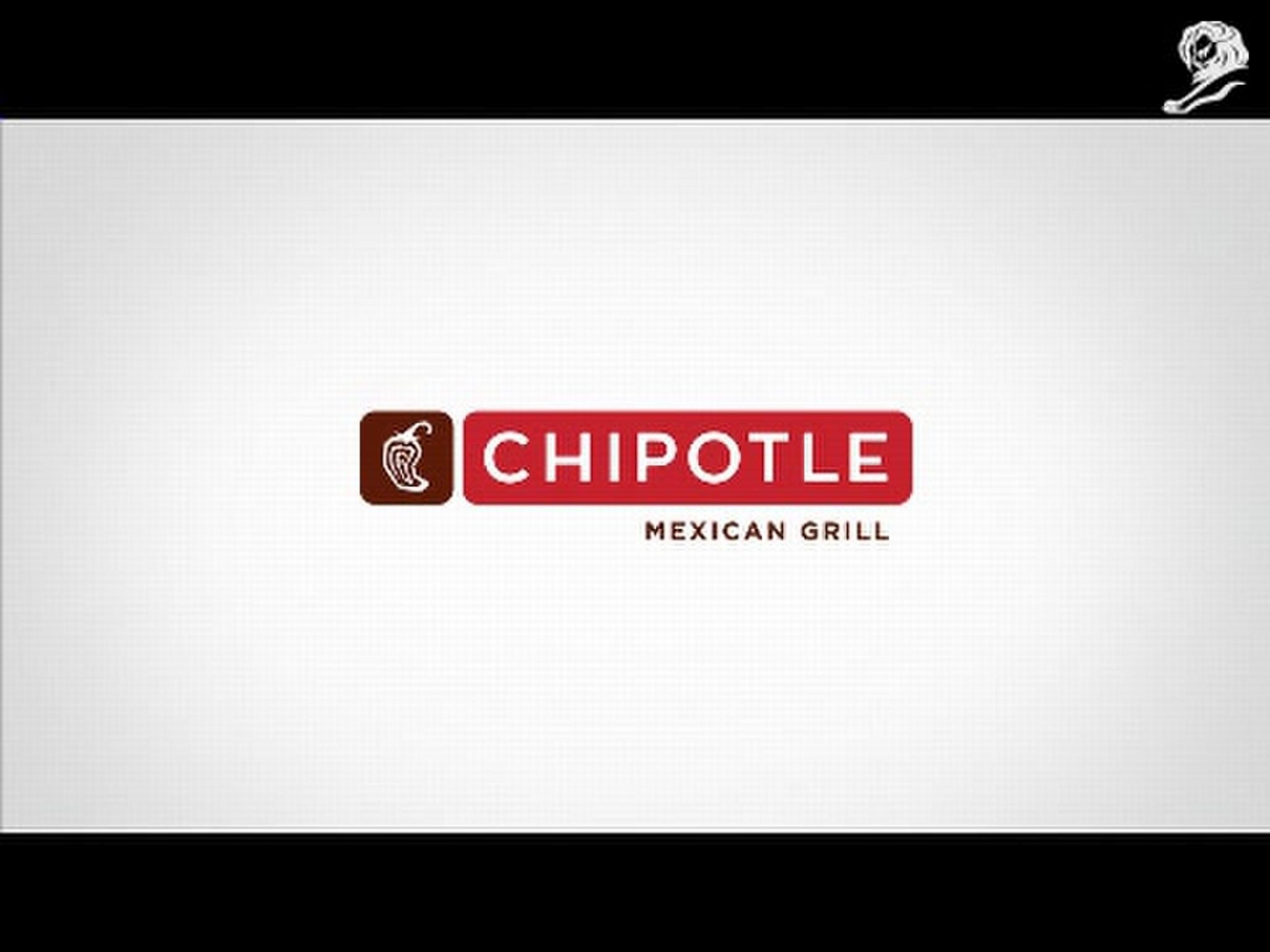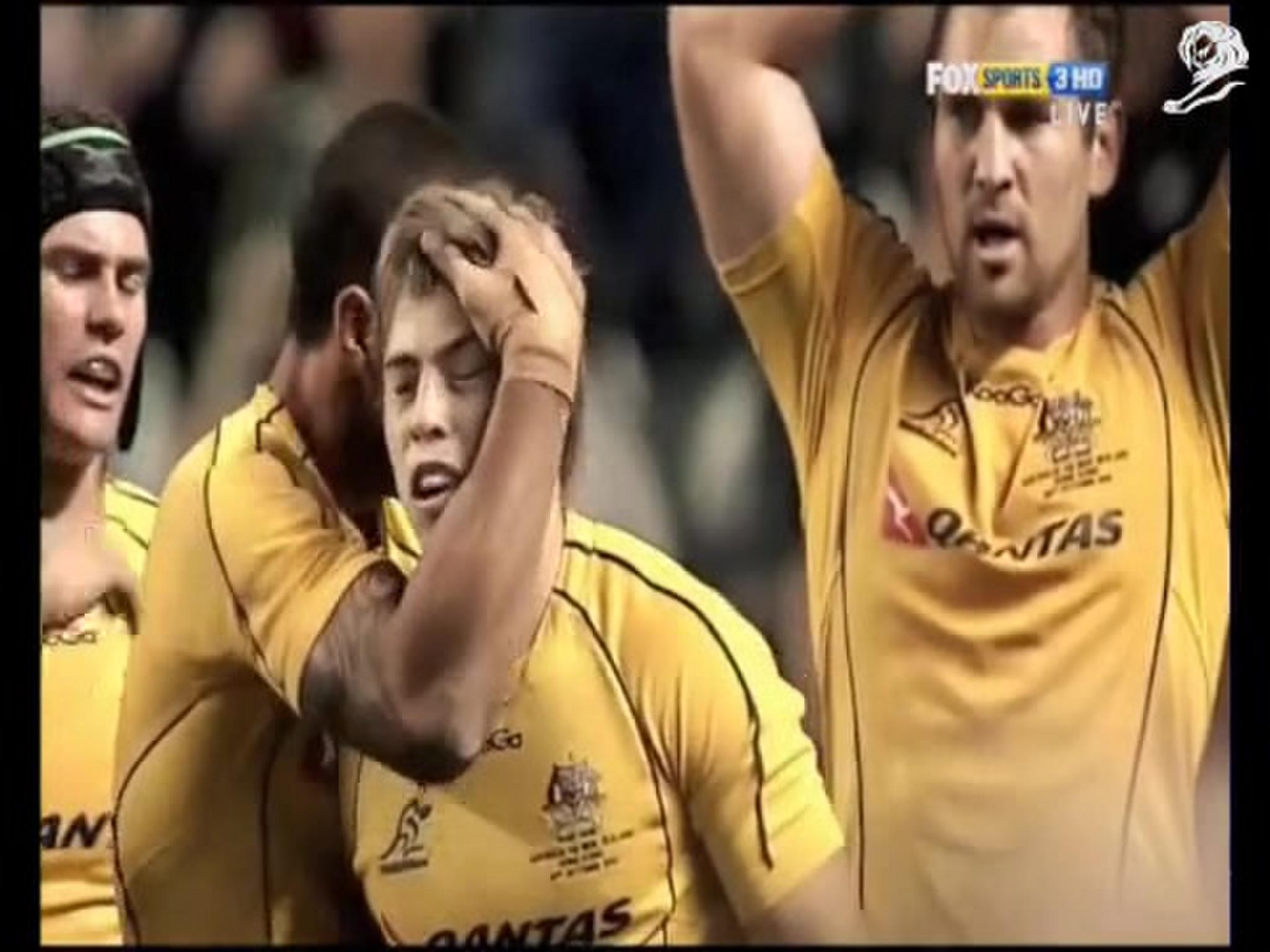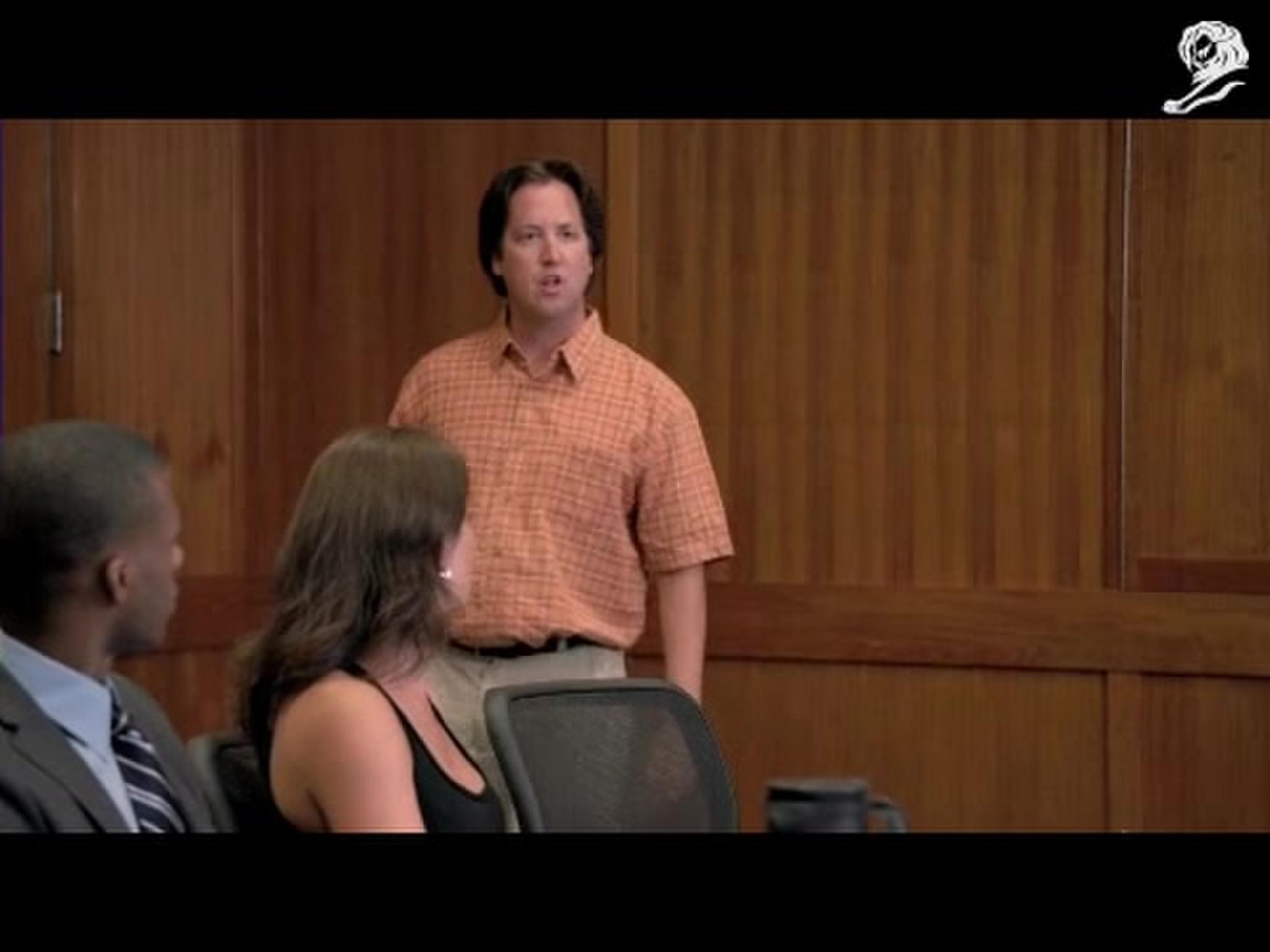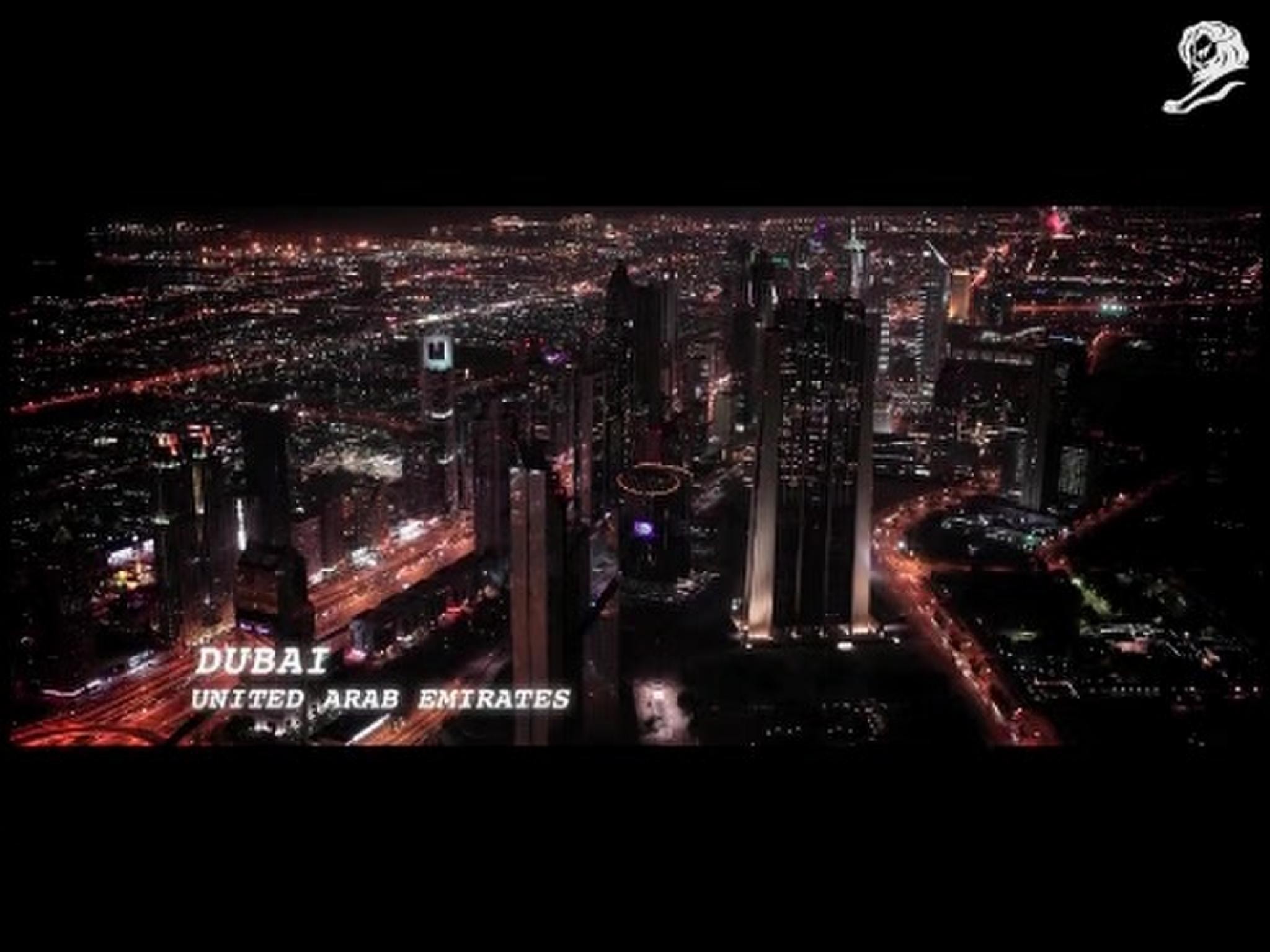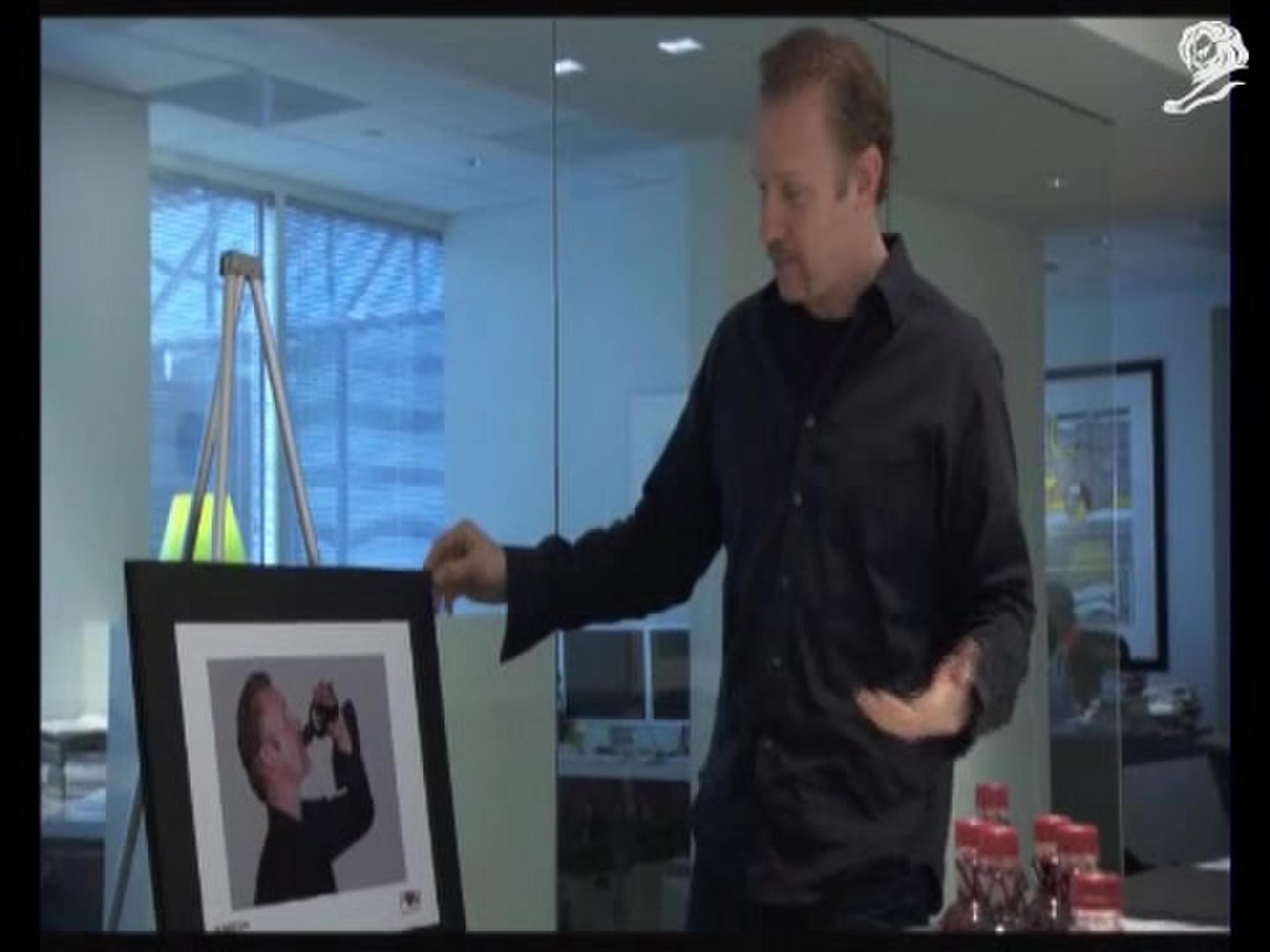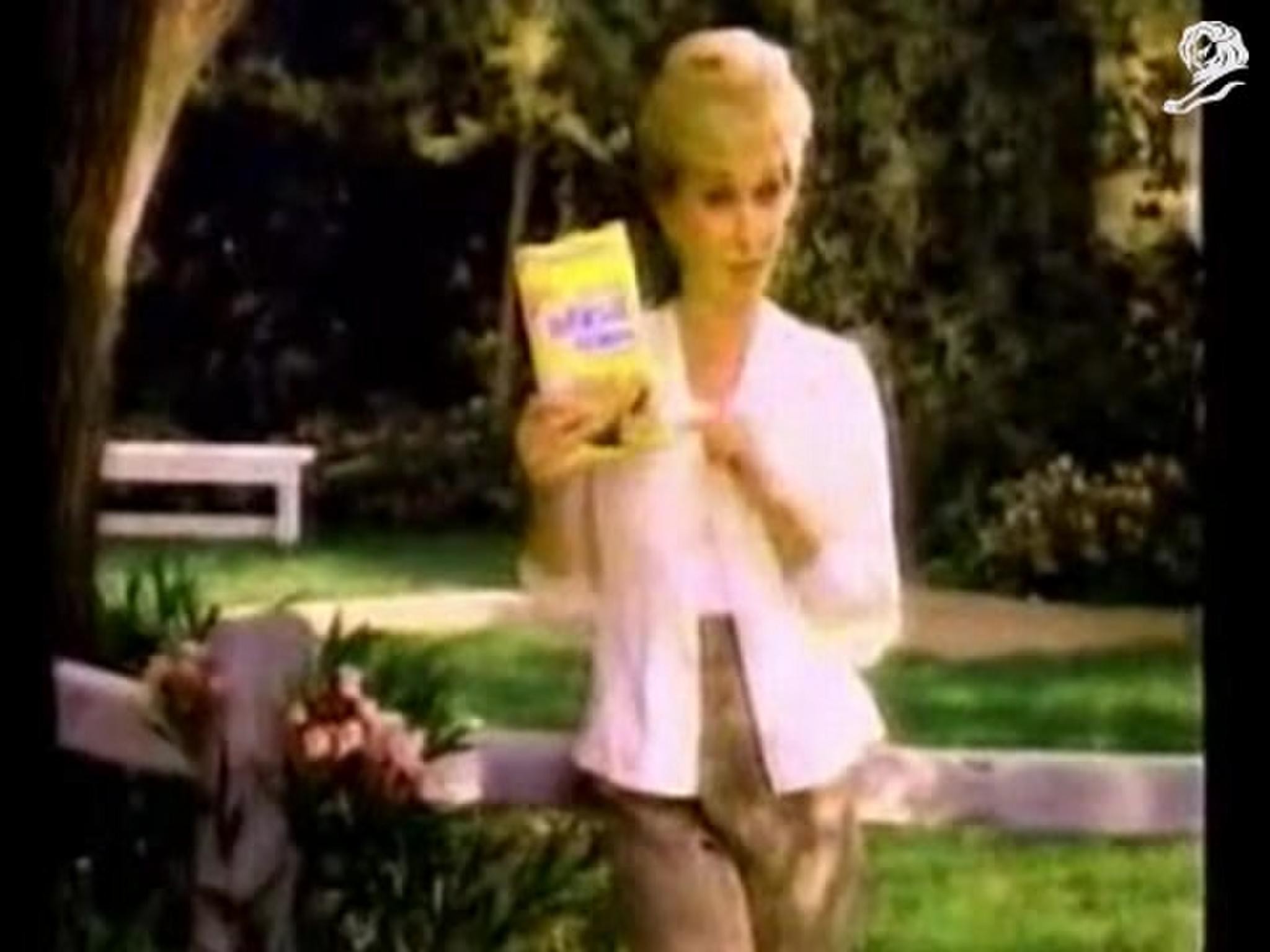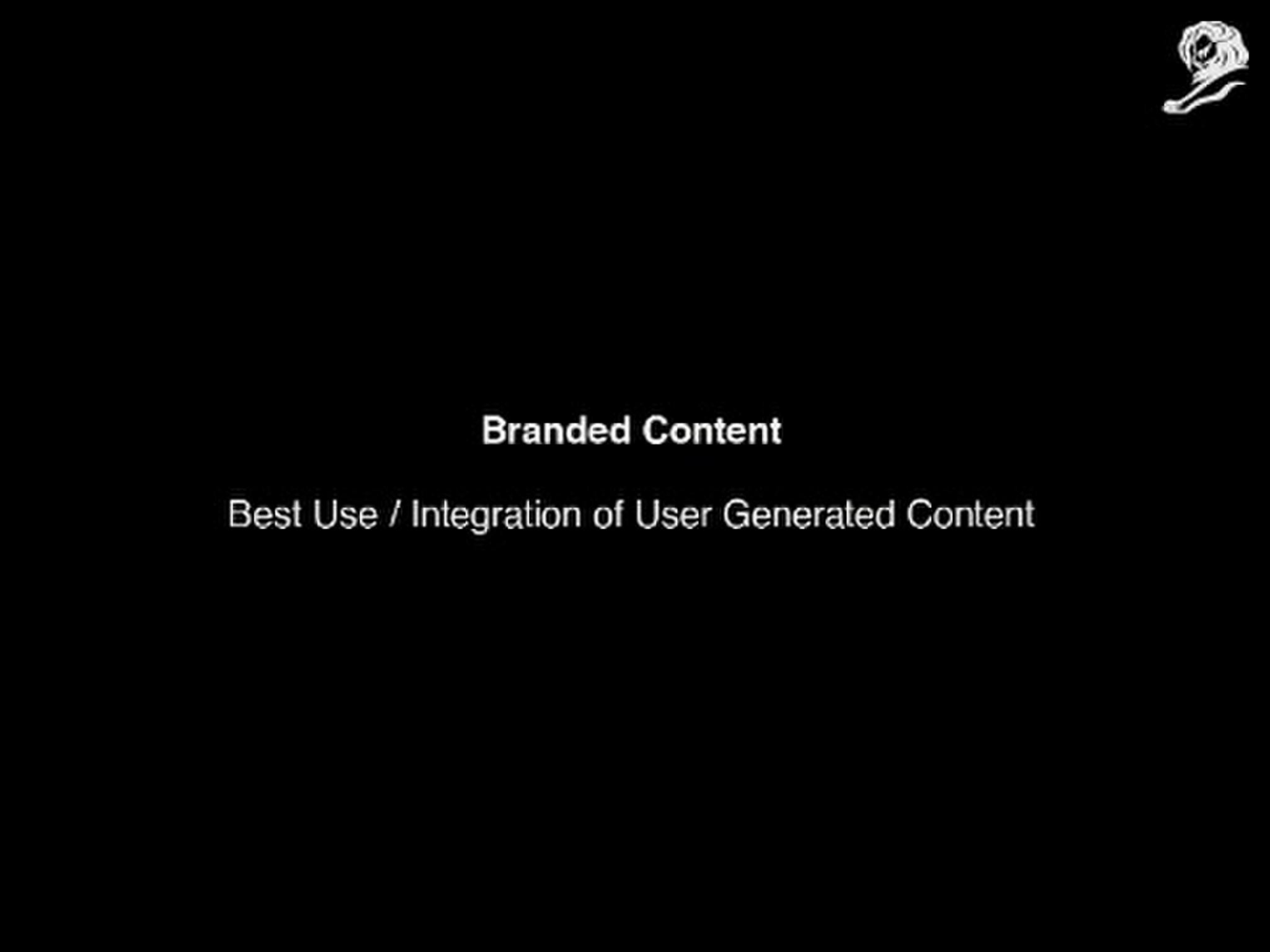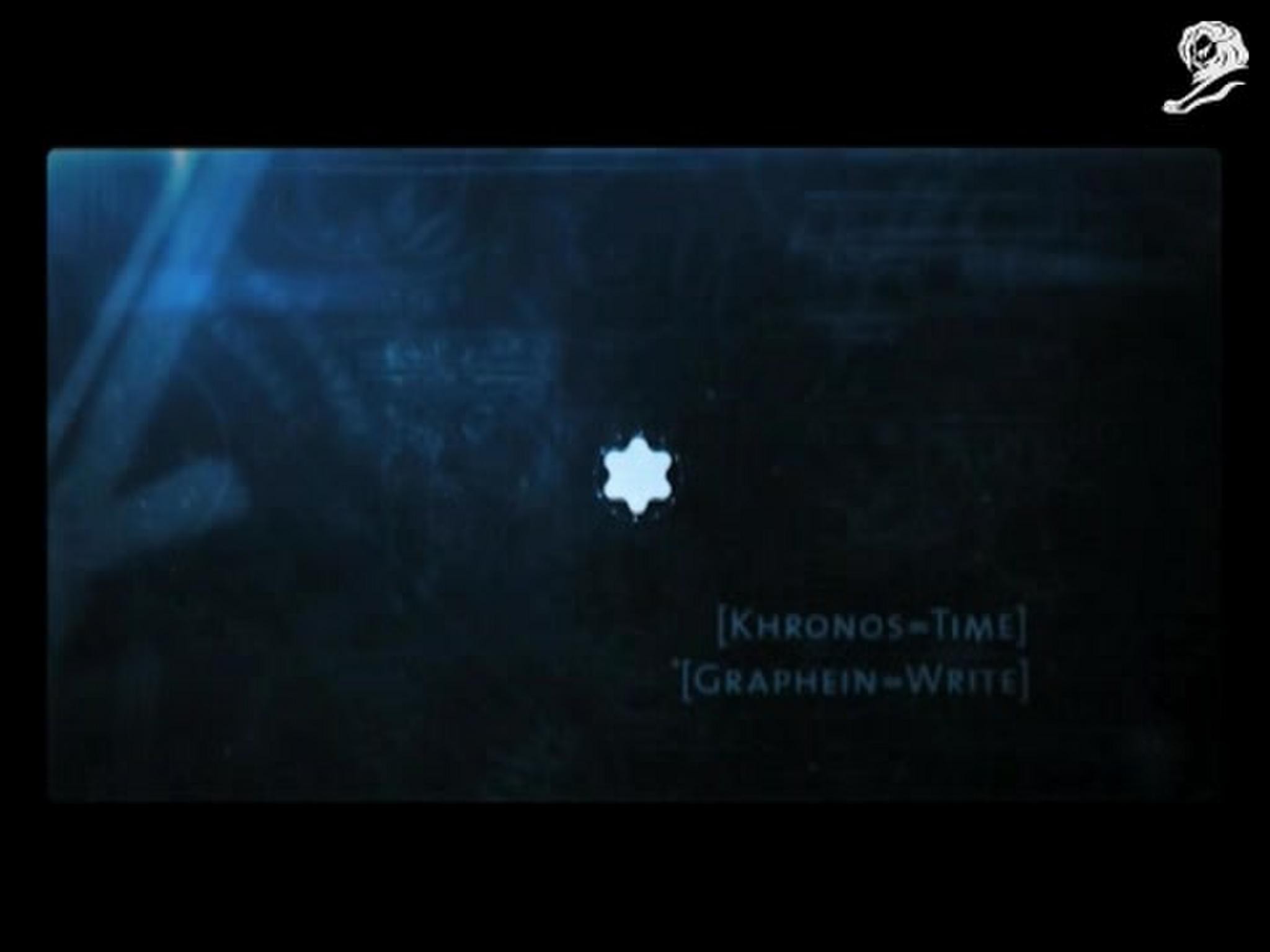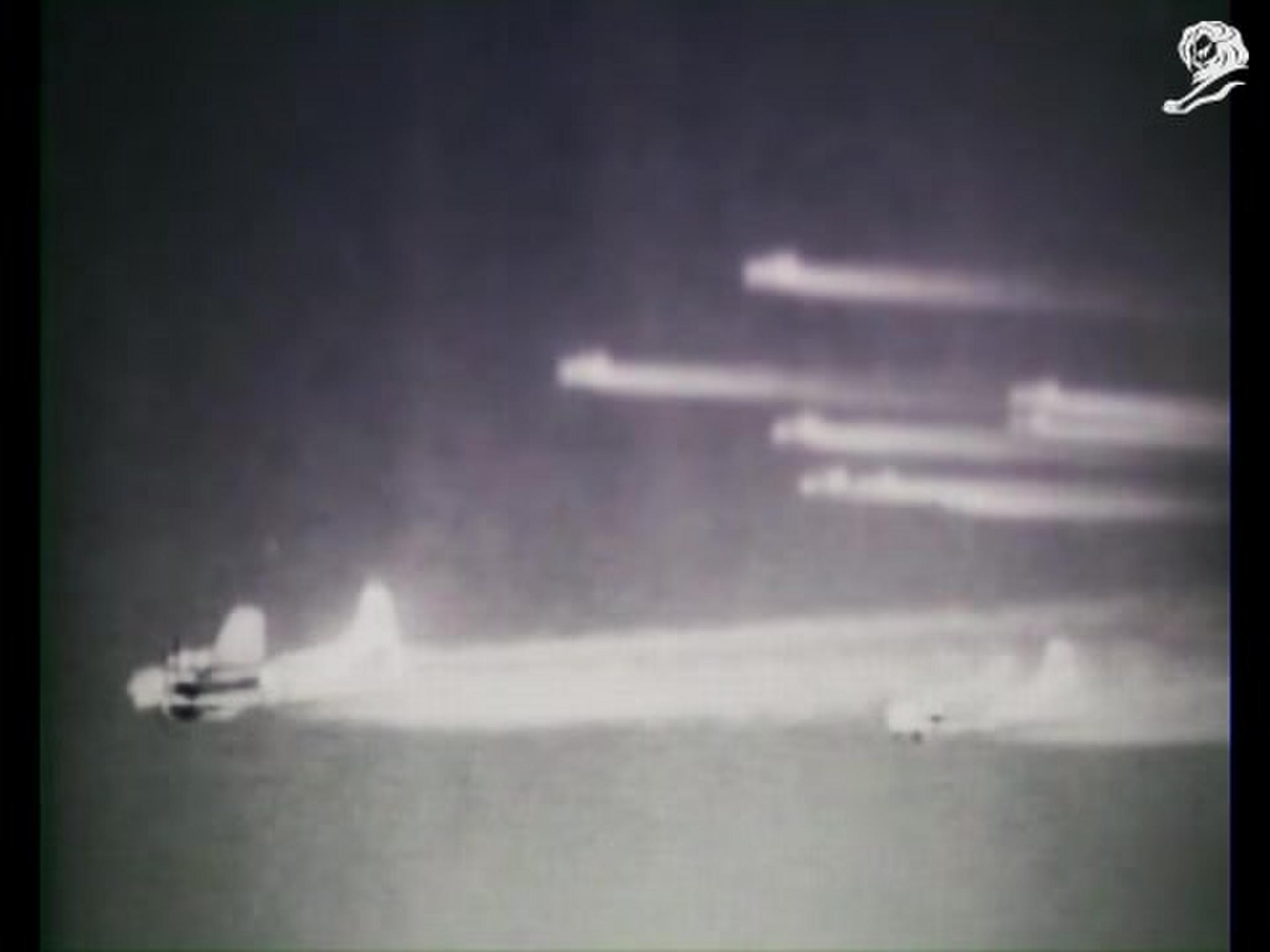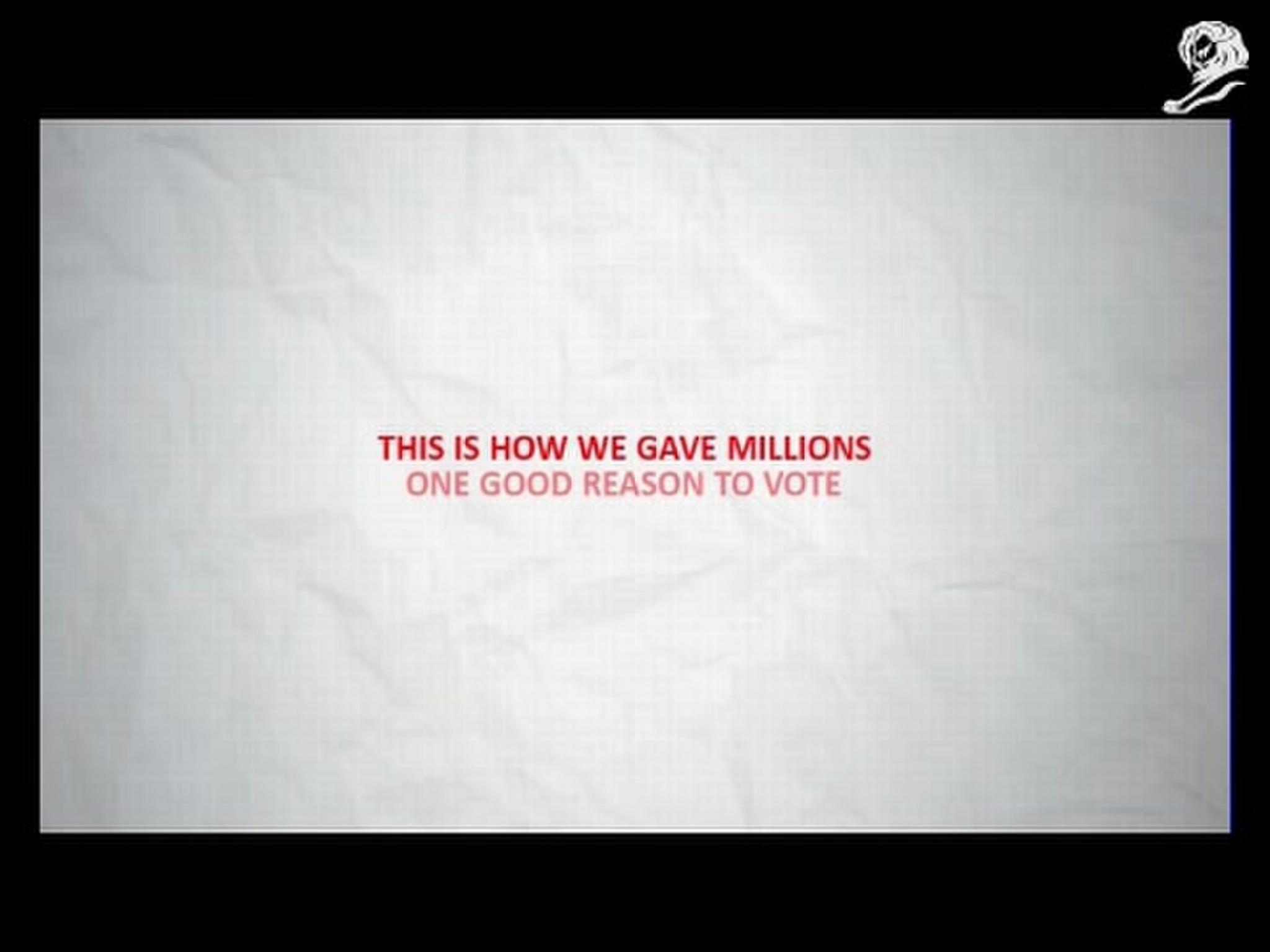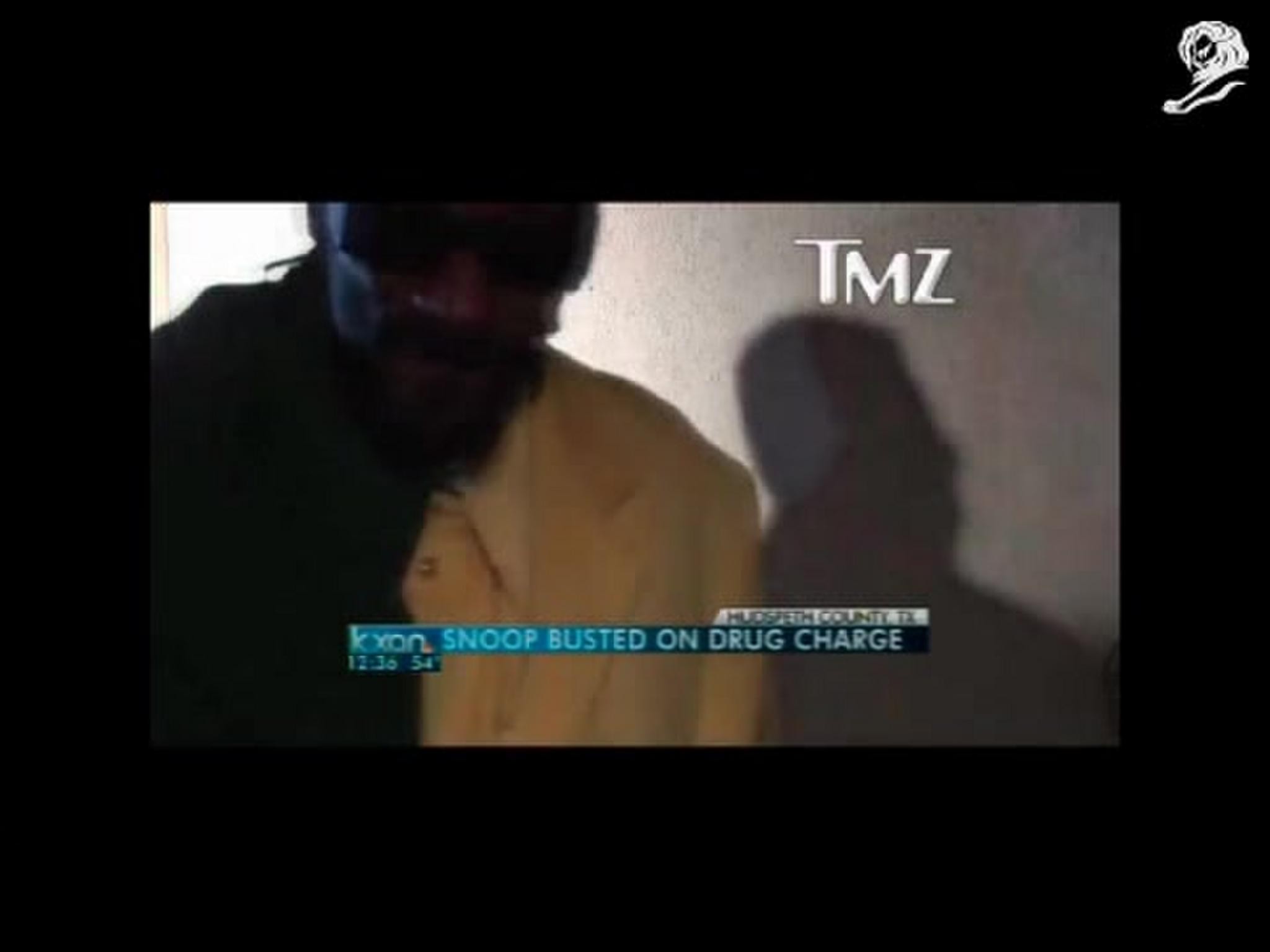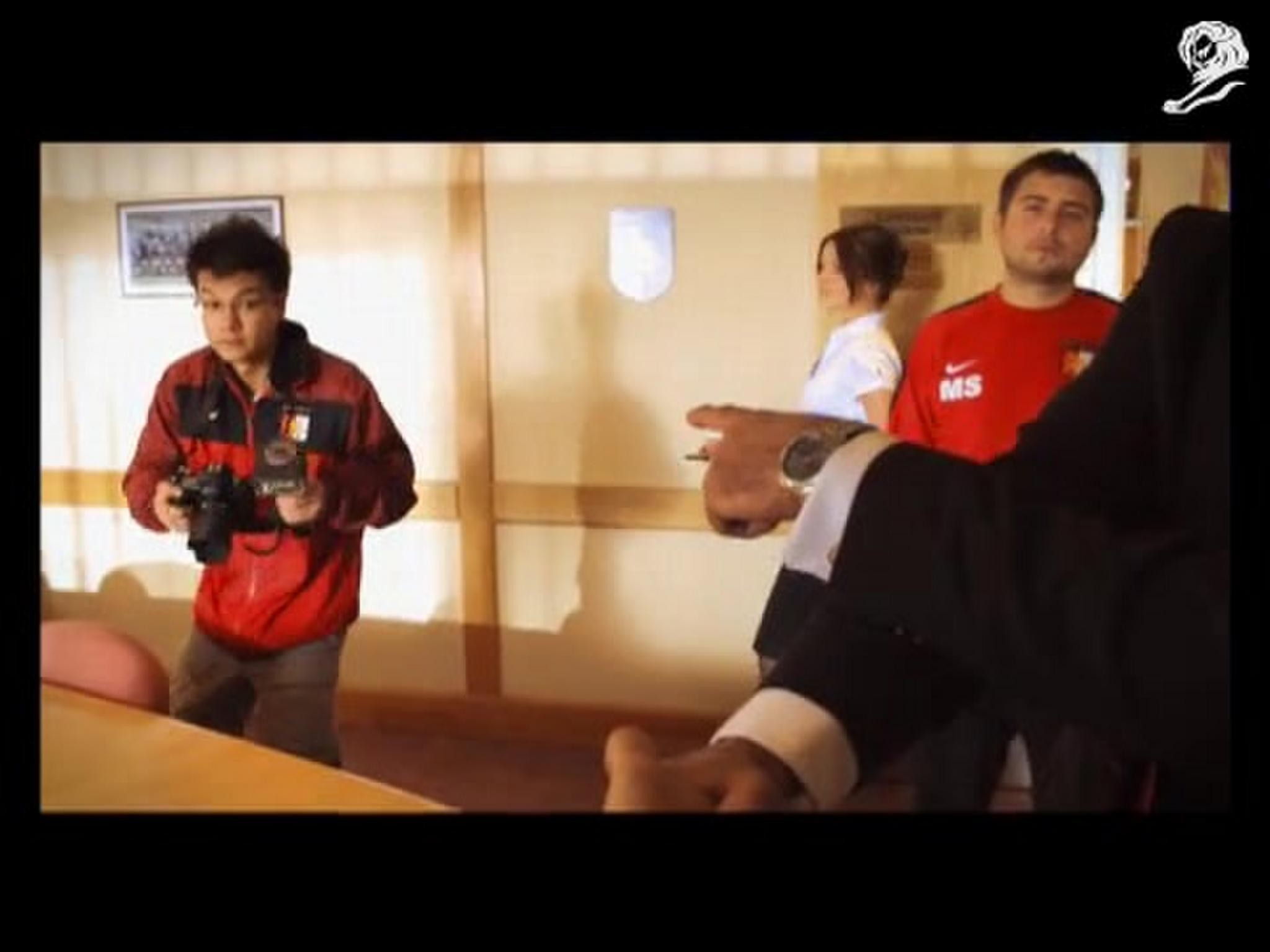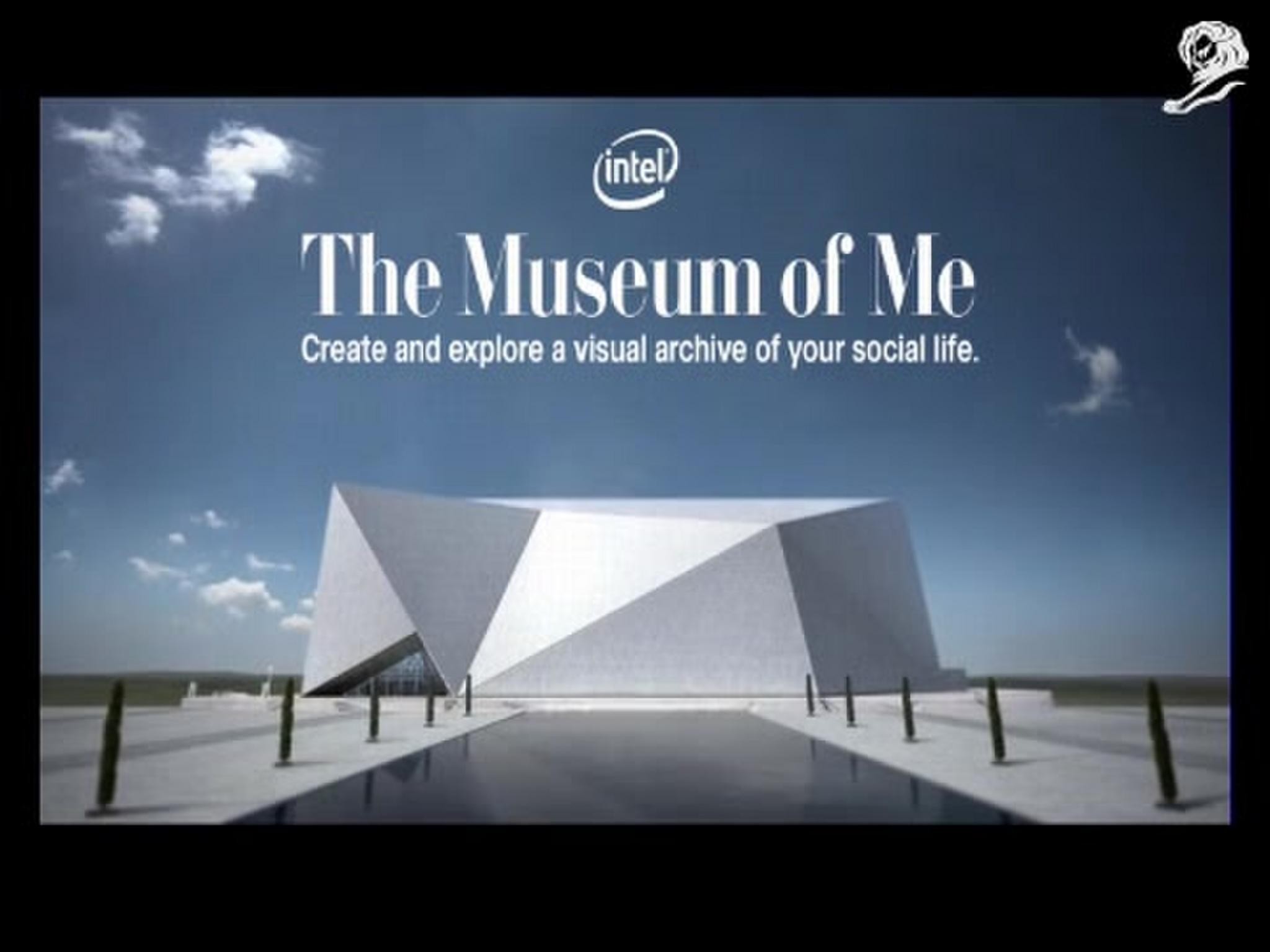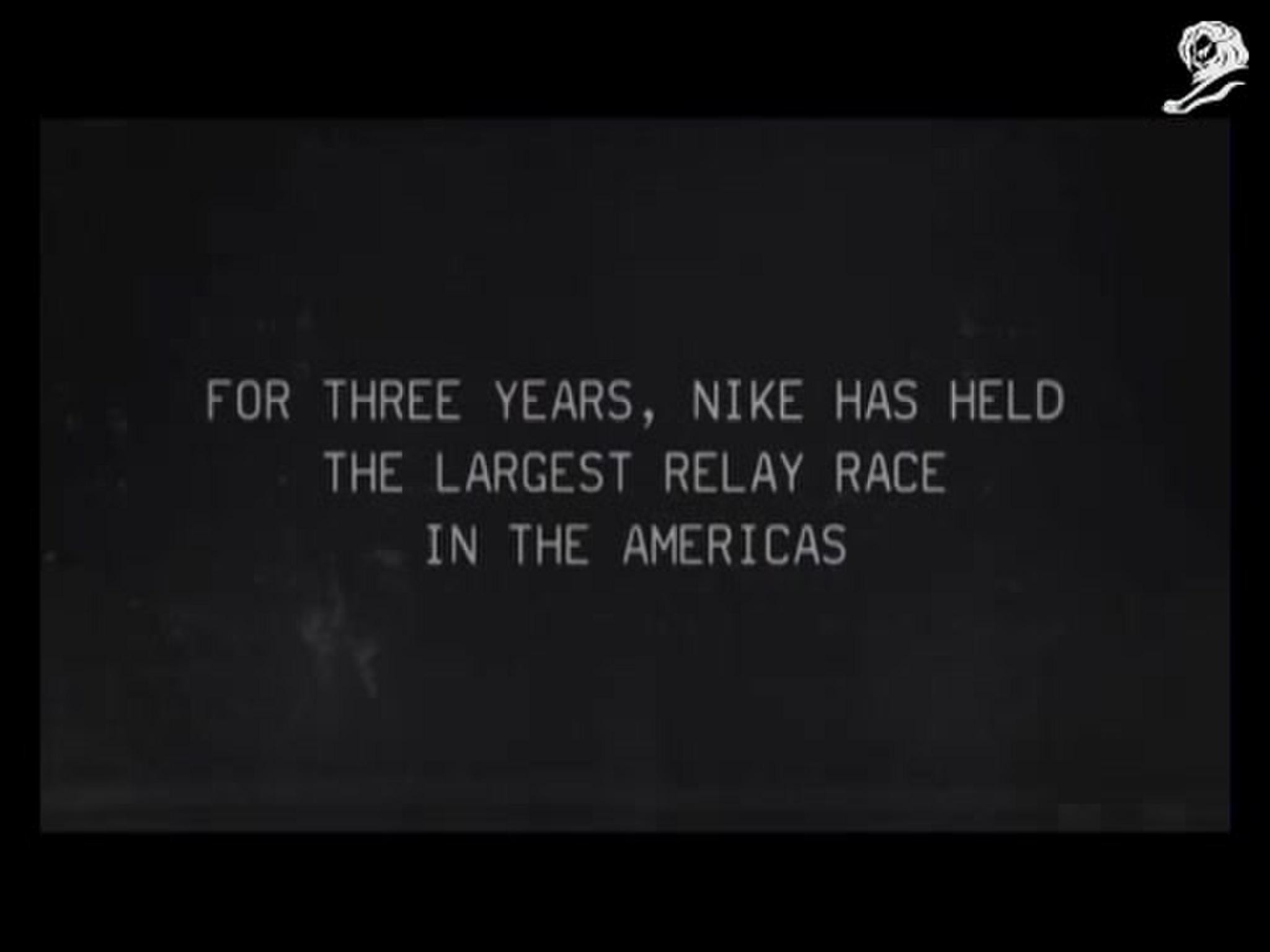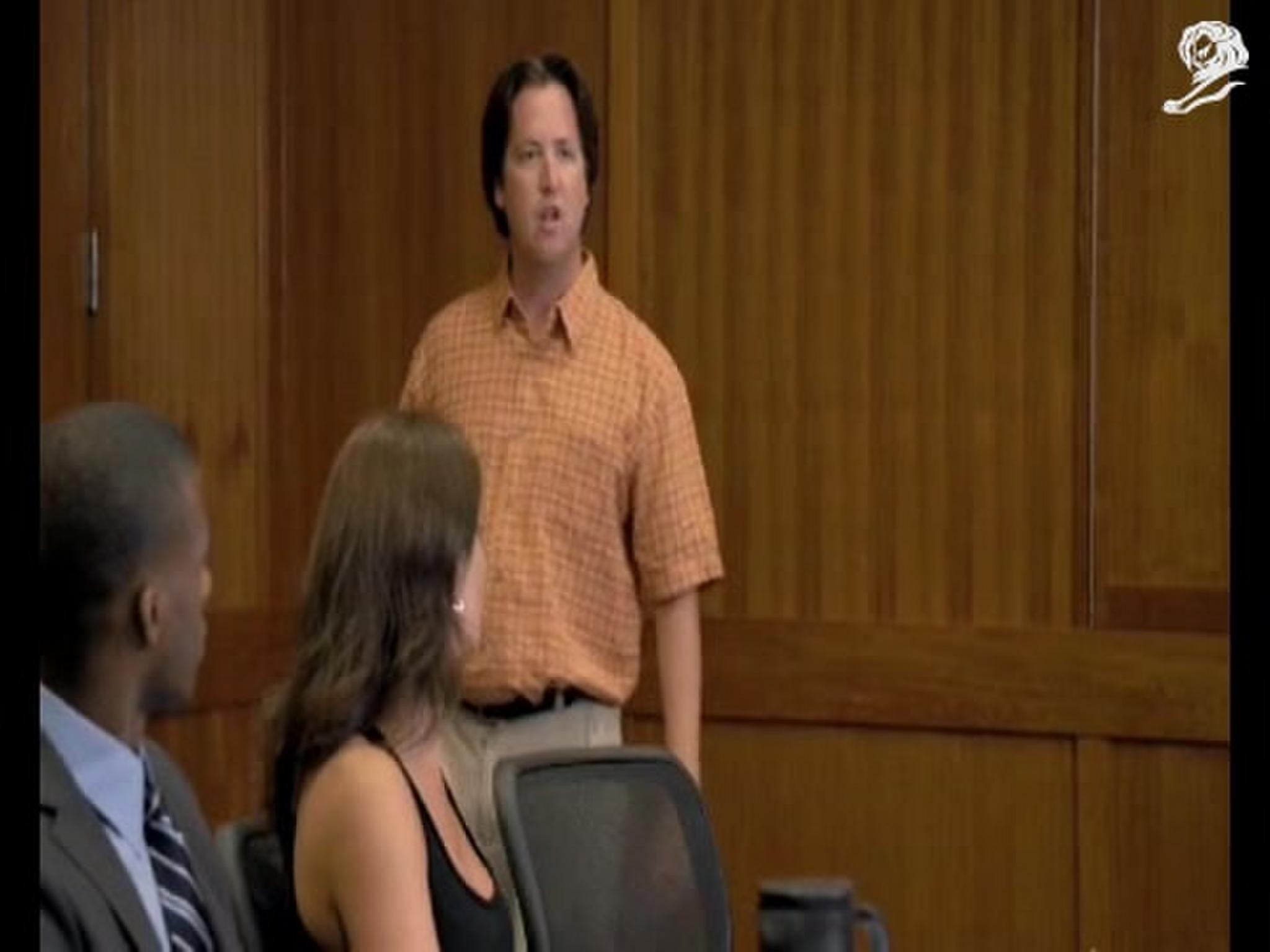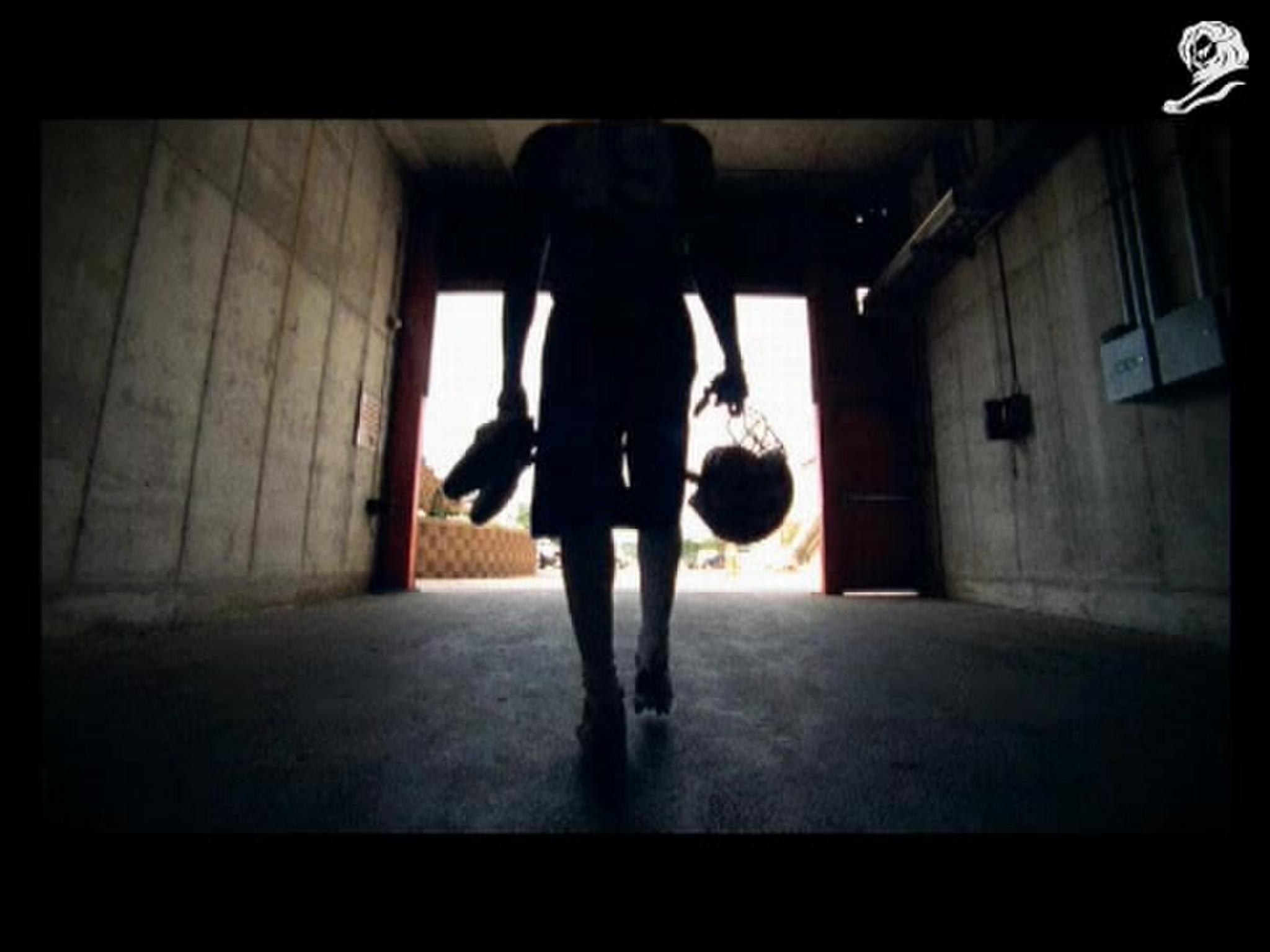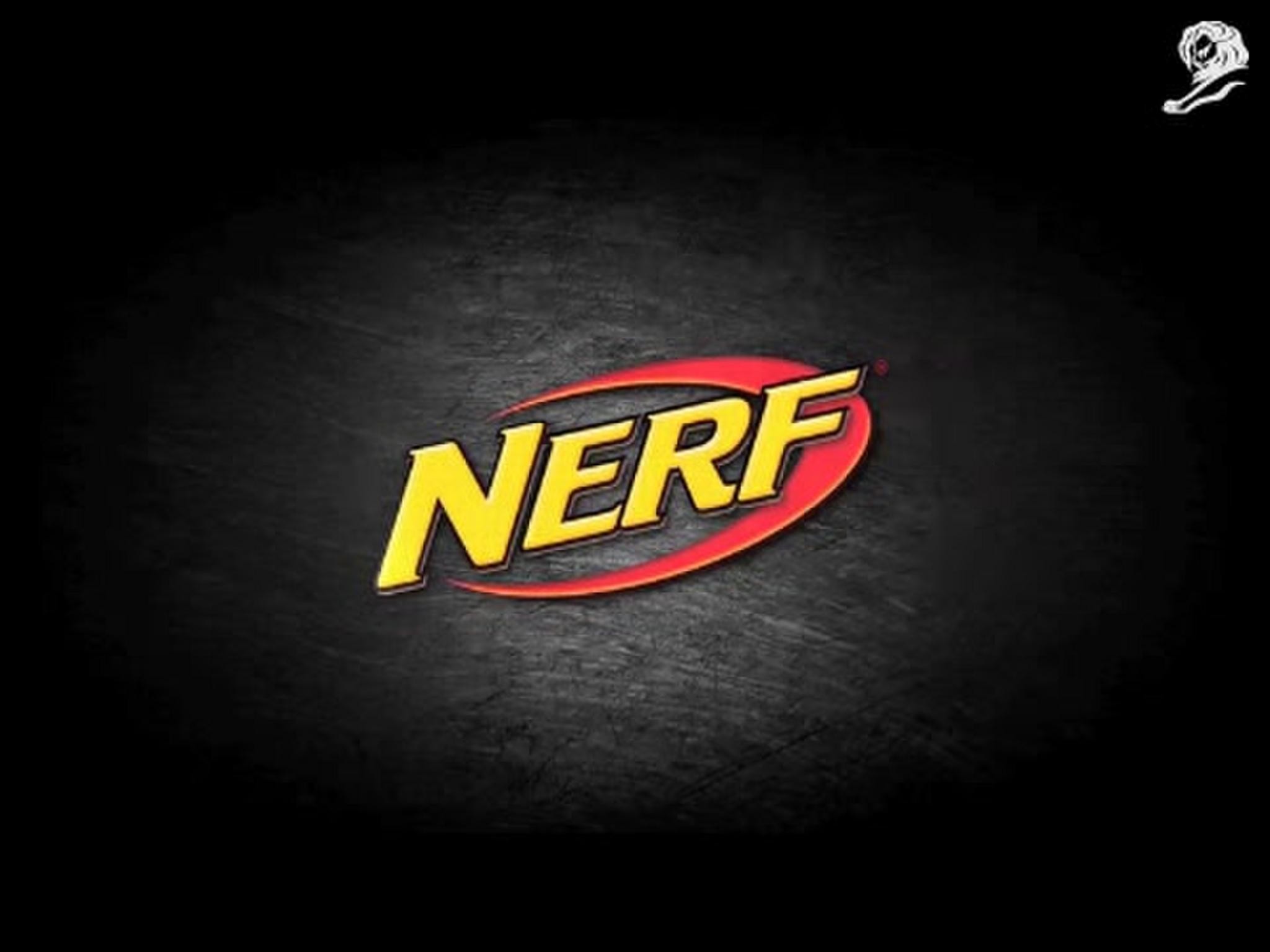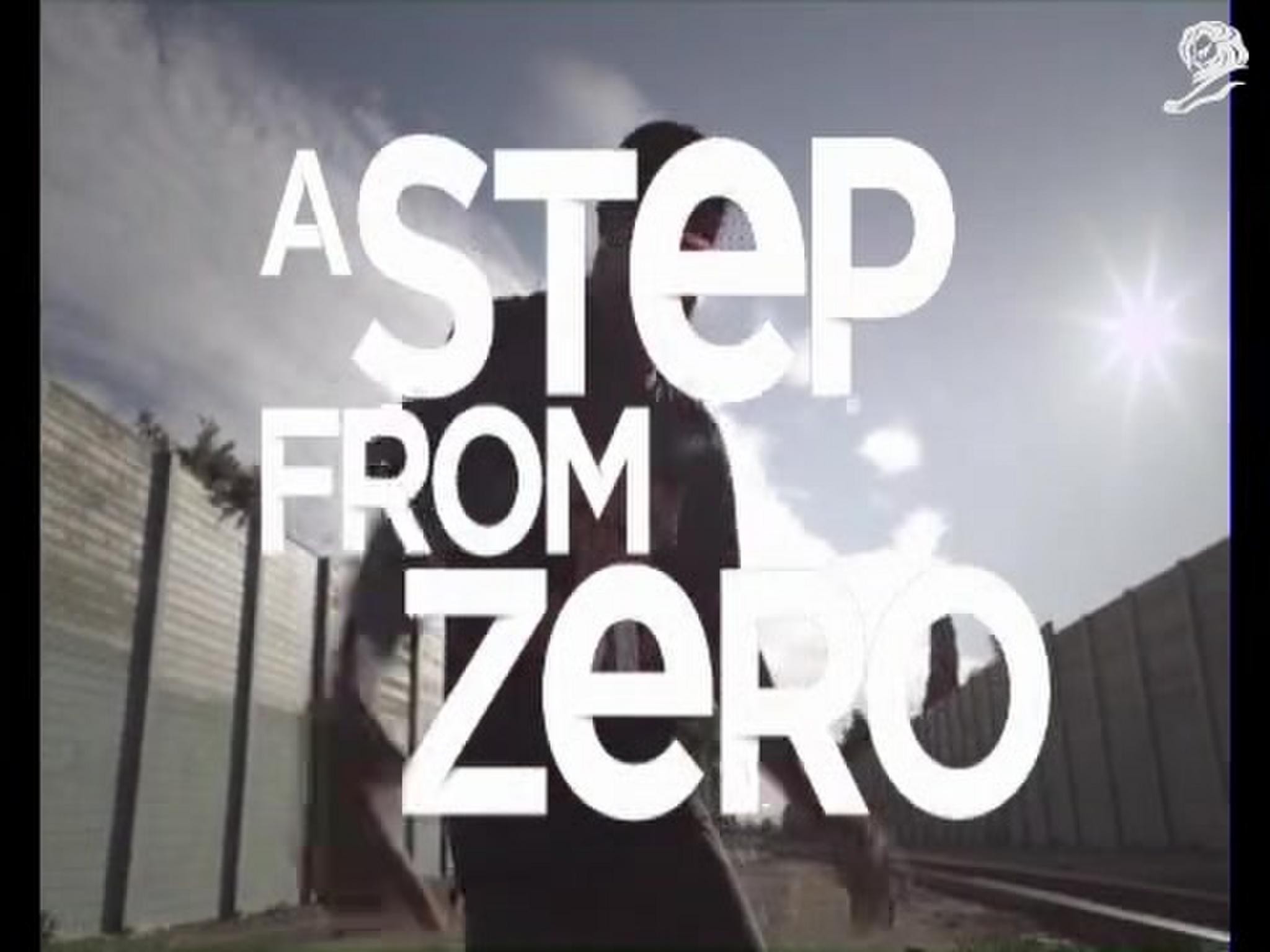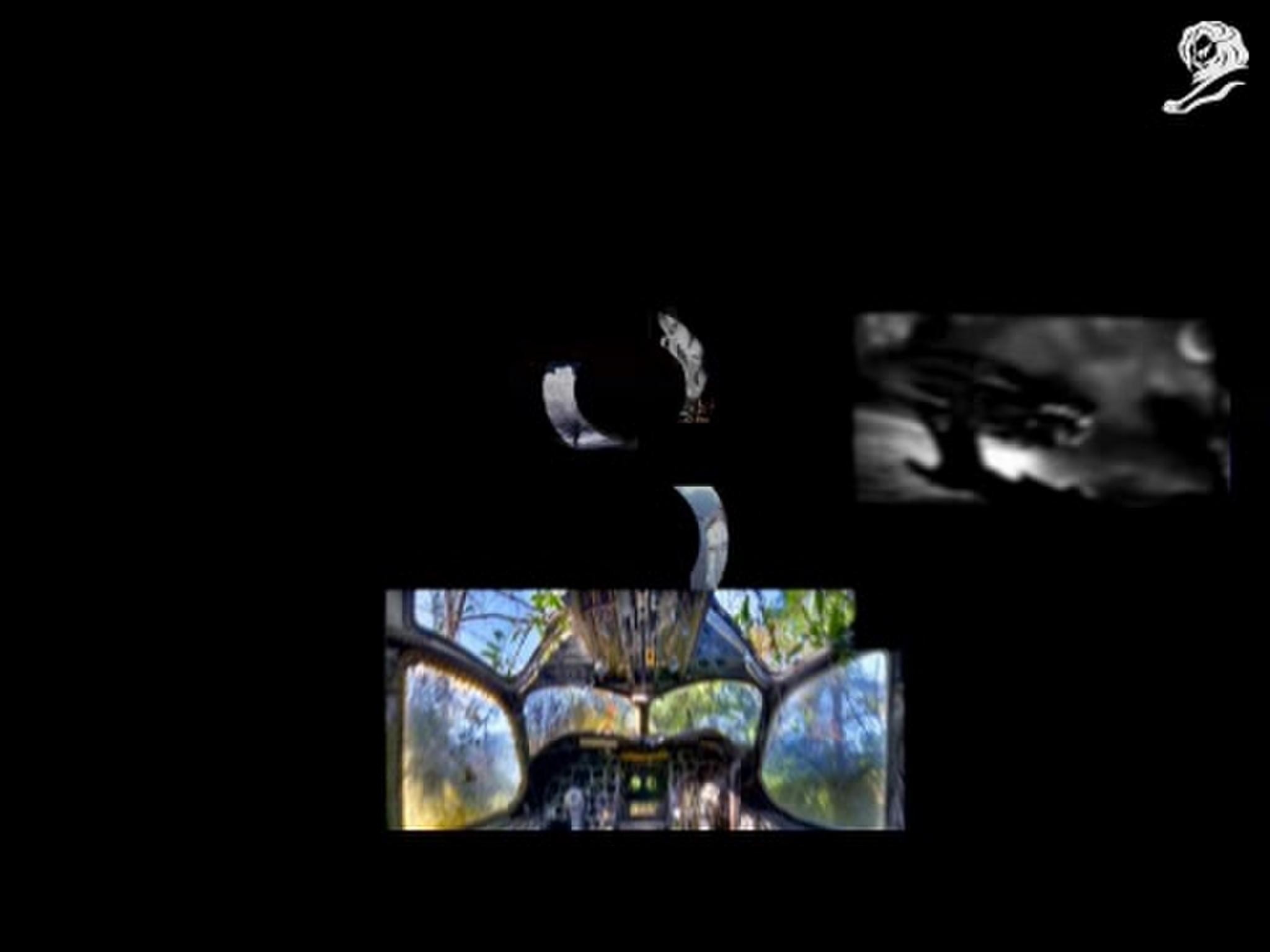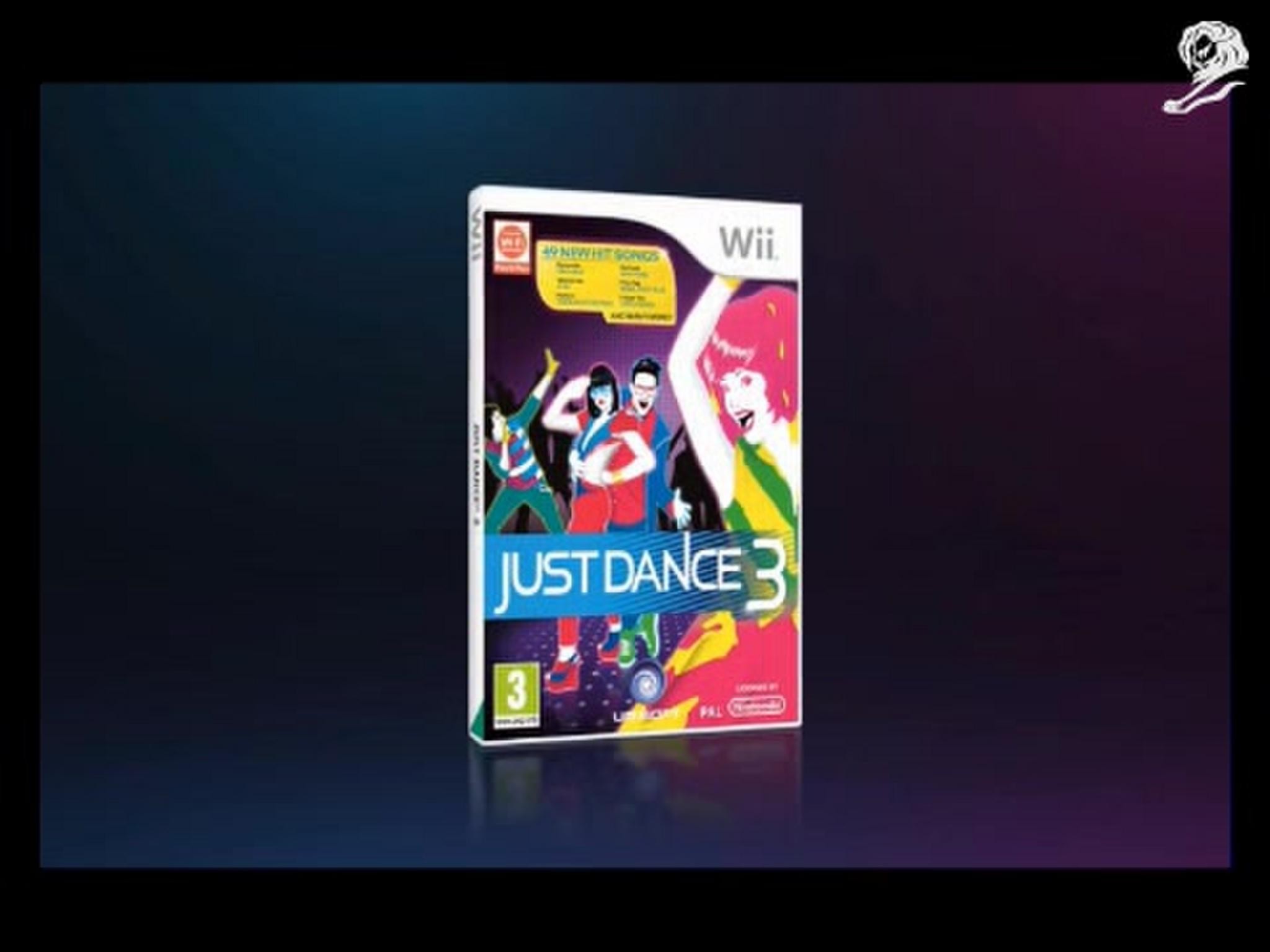Entertainment > Branded Entertainment
TRUE ORIGINS OF PIZZA
SS+K, New York / MR PIZZA / 2012
Awards:
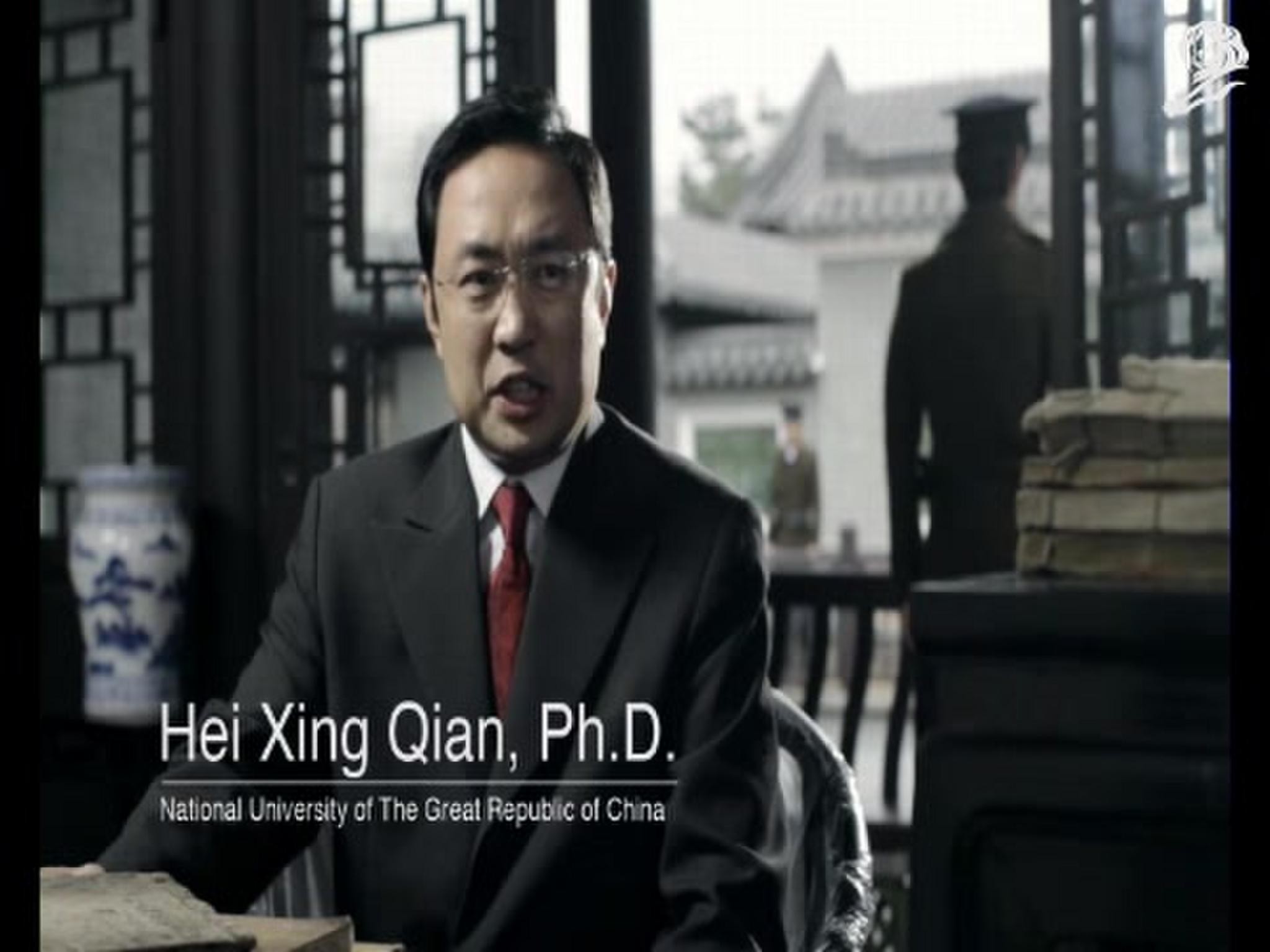
Overview
Credits
Overview
CampaignDescription
Our campaign targeted duel audiences in both the United States and Korea.Companies are experimenting with branded content in the US, but often in an overt way, clearly marking the content as marketing material. As our brand wasn’t established in the US yet, we wanted to tell an entertaining story first and foremost, and let consumers discover the brand’s involvement in a natural way.On the other hand, branded content is not yet a common marketing approach in Korea; especially content that uses sophisticated storytelling with subtle brand involvement. We had an opportunity to surprise our audience in Korea, where this category is dominated by retail ads, featuring product shots and smiling celebrities.
Effectiveness
Mr Pizza is Korea’s largest pizza chain, and it had plans to further expand into the US market. Our aim was to generate awareness and buzz with a US audience that had never heard of the brand or likely ever considered a pizza company from Asia. We also wanted to leverage any buzz and excitement around the brand in America to improve the chain’s progressive image back in Korea.We decided to create a sophisticated satirical campaign that would amuse and entertain audiences in both the US and Korea, and an integrated social ecosystem to engage viewers in the story across multiple touch points.Our online documentary explored a made-up theory that pizza was invented in Korea, and stolen by the Italian explorer Marco Polo in the 13th century. To add authenticity, we invented a fake historian, an archaeologist, a food expert, a Buddhist scholar, an ancient folk song, a conspiracy theory blogger, a Chinese ambassador, and we even included the actual CEO of Mr Pizza.Street posters, QR Code stickers and protest signs first drove the audience online. Then our conspiracy theory blogger led the audience to our fake production company and the documentary. Our blogger tweeted in character, reached out to other conspiracy theory blogs and even created an online store selling protest t-shirts.The film was shared widely across Facebook, Twitter and other social sites. It was picked up by news, culture and food sites like the Wall St. Journal, New York Magazine, Eater, Devour, The Washington Post and the Daily What, as well as International TV news. As views grew and grew, the debate in the comments section of YouTube became fierce, and the documentary was independently translated into Japanese and Chinese, and spread even further.
Implementation
The audience was first drawn to our documentary through guerrilla activity and wild postings. Our posters, t-shirts, stickers and protest signs contained cryptic images and QR Codes that led the audience online. Our conspiracy theory blogger also built up an audience through blog posts and tweets before linking to the campaign.A video distribution partner helped to seed the documentary across websites, blogs, and editorial outlets, building awareness and buzz.The amusing and provocative nature of the documentary ensured that it was immediately shared widely across social networks and was picked up by food, culture and news sites. International TV news also picked up the story, which brought an even wider audience to the content.
Outcome
The documentary went viral, clocking up 2.2m views. It was praised for its sophisticated satirical approach and attention to detail, a rarity in this category.News, food and culture blogs covered the story, as well as mainstream newspapers and TV news. A sociologist at Victoria University wrote a 9,000-word piece analysing the cultural nuance and subtext in the campaign, and it’s being featured in a Canadian school textbook.Because the documentary parodied aspects of Korean history and Korea’s sometimes-tense relationship with its neighbours, a huge online debate was started. Thousands of passionate comments and blog posts were made about Korean national identity, disputed history and the role of satire in Korean humour.The campaign earned $2m worth of unpaid media, giving the client a 1600% return on their investment.
More Entries from Best fictional program, series or film where a client has successfully created a drama, comedy or miniseries around a product or brand in Entertainment
24 items
More Entries from SS+K
24 items
